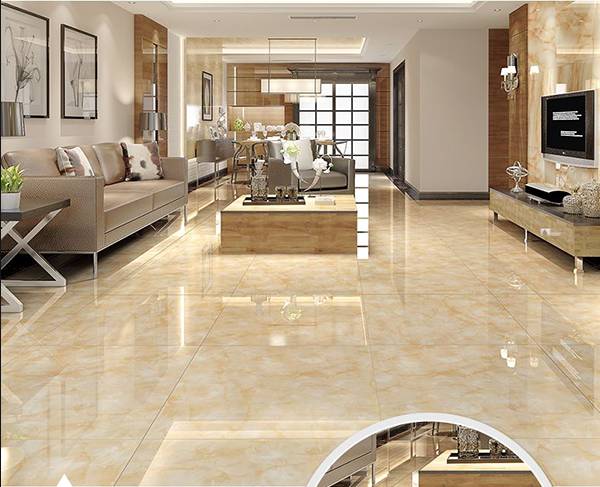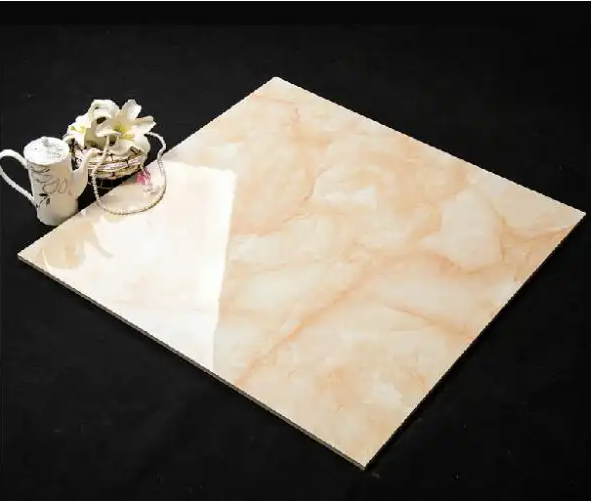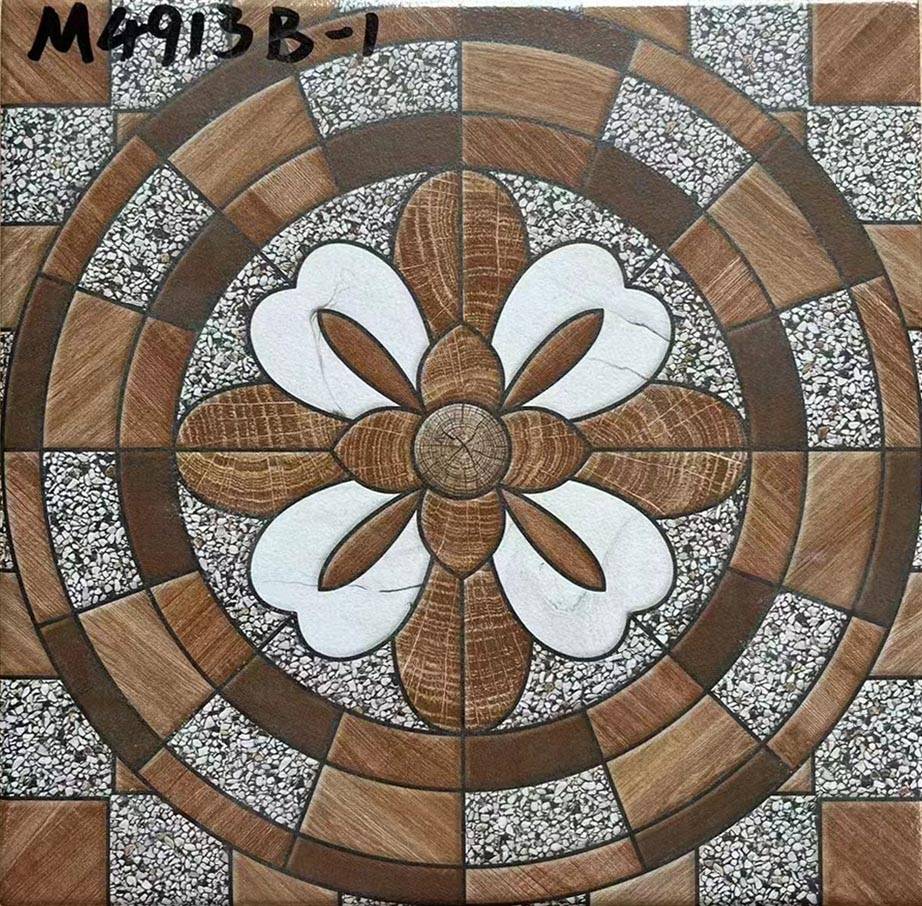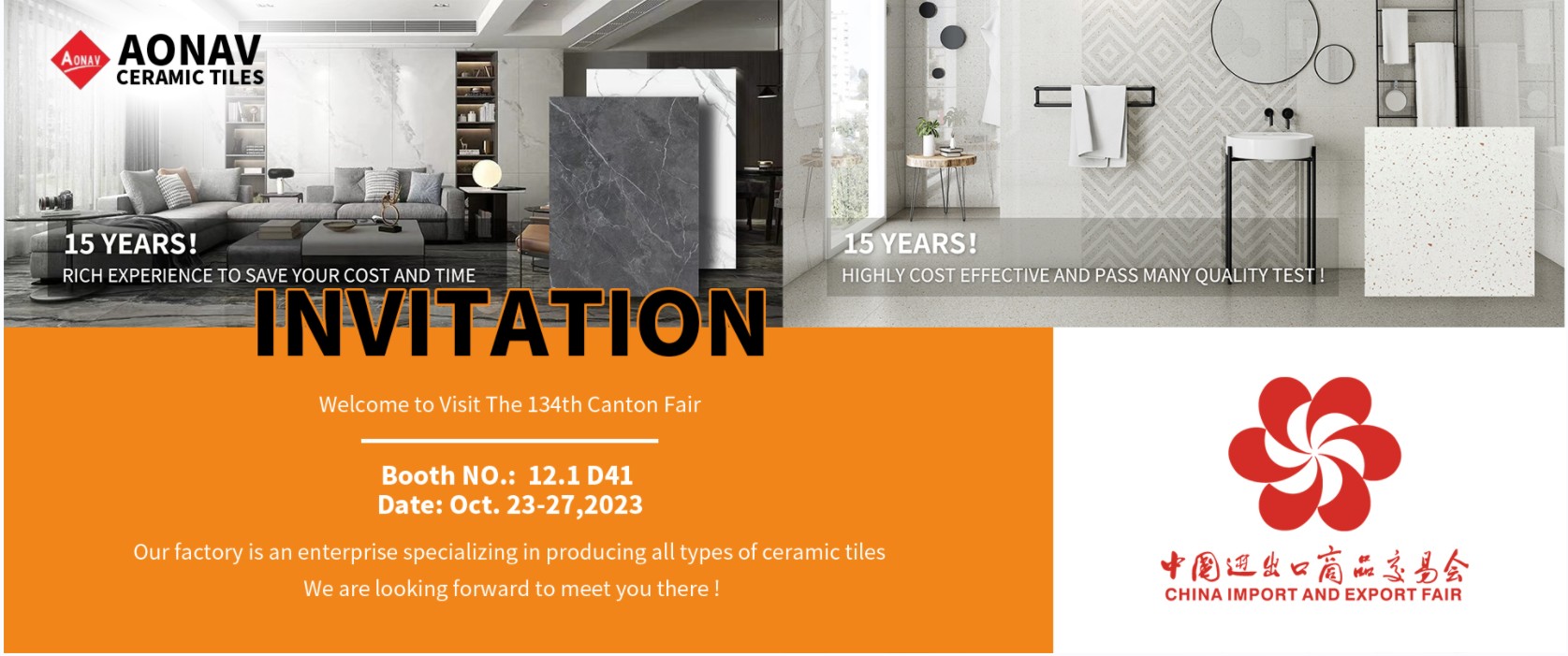 Ceramic Tile Water Absorption Rate
Ceramic Tile Water Absorption Rate
 What type of tile is ceramic tile?
What type of tile is ceramic tile?
 Unveiling the Material Charms of Antique-Style Ceramic Floor Tiles
Unveiling the Material Charms of Antique-Style Ceramic Floor Tiles
 Welcome to Visit The 134th Canton Fair
Welcome to Visit The 134th Canton Fair





